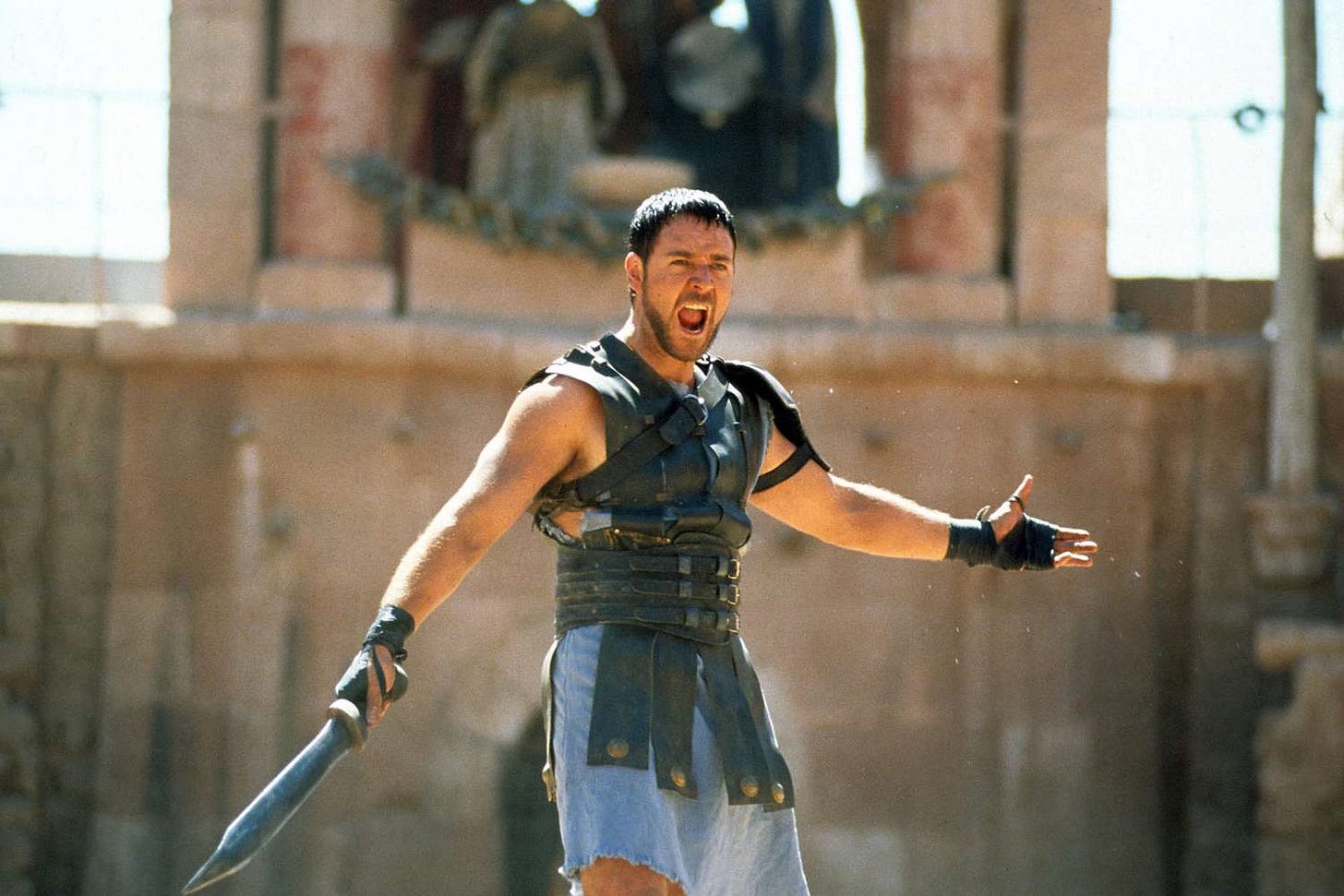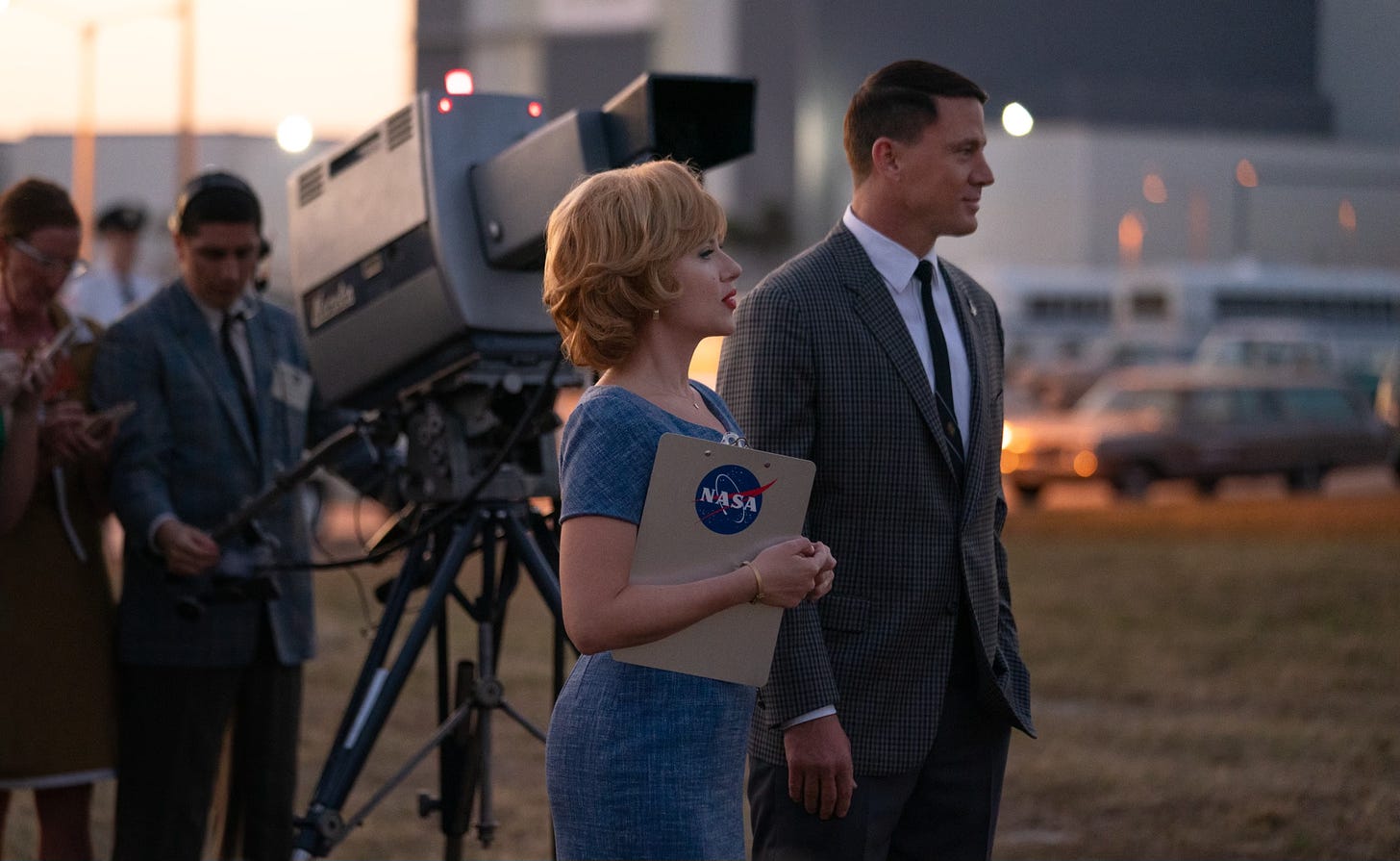In his seminal work Amusing Ourselves to Death, author Neil Postman argues that the demands of entertainment infiltrated every major element of American life in the 20th century and warped their incentives to perpetuate new amusements rather than any other social value. While some of his points didn’t hold up (he dismisses Sesame Street for diminishing education and also predicts that computers are a fad), his larger thesis remains stubbornly intact, especially in the realm of politics.
Joe Biden has had a pretty terrible couple of weeks. Biden needed to reassure his supporters in June’s televised debate that he still had the vigor to lead and go toe-to-toe with Donald Trump. Democrats hoped that the Biden who showed up at the State of the Union would be the one on stage, but instead, they had their worst fears realized as Biden came off as a frail old man. This quickly led to an outpouring among the pundit class that Biden must leave the race, and there needs to be a new Democratic candidate who will unite the party, get voters excited, and parry every attack that Trump and Republicans can lob at him or her.
Wherever you fall on the should Biden stay in or drop out debate1, the media incentives that swiftly emerged after the debate were a clear depiction of what these pundits want, which is a compelling show. To this point, they’ve been stuck in a repeat of 2020 with two elderly candidates who are failing to excite voters. Trump is still as grating as ever with now the added bonus of vindictiveness, a heavy dose of authoritarian planning, and the inability to hold together a coherent thought. Biden is old and gets tired easily, so even when his administration lands a major accomplishment, he doesn’t seem to have the energy to make it land. Wouldn’t it be great if we could just…recast?

From a narrative standpoint, Trump is an immovable point. The Republican Party will never drop him, and even if they did, he would simply run as an independent and sink their Presidential Election hopes. When Trump was convicted of 34 felonies at the end of May, it only stayed in the headlines for a few days because, on some level, his nefarious behavior is built in. It doesn’t change people’s understanding of Trump, and so it doesn’t make for compelling copy (unless you want to write something utterly deranged like The New York Times did last week). So asking Trump to drop out is a non-starter for a “savvy” political press looking for juicy narratives.
But once you get the ball rolling on Biden dropping out, to quote the wise man, “Baby, you’ve got a stew going!” Now we’ve got articles on the pros and cons of Biden dropping out. We’ve got other Democrats chiming in on whether they think Biden should stay in or drop out. We’ve got process stories about what it would look like if Biden did step down. We’ve got loads of speculation stories about who could replace him and what their odds would be against Trump. We’ve got the most essential element of any compelling narrative: conflict.
Trump doesn’t offer conflict beyond the broad strokes of “He wants to end American democracy and millions of Americans would prefer that he didn’t.” But that’s not going to get eyeballs because it’s a fixed point with immovable stakes. Trump doesn’t change, and neither does the importance of democracy. But if you can gin up controversy around Biden’s age, his fitness to carry on a Presidential campaign, and the stakes of replacing him, now you have drama. Now you have something that moves subscriptions, gets viewers, and gains clicks.
This is the scenario Postman warned us about. In terms of policy, the stakes couldn’t be clearer. While I’m sure it’s comforting for some to retreat to “Well, both parties are the same, and they’re both running senile old men,” you have to be willfully ignorant of the policies both would enact and again, these are fixed points. Donald Trump isn’t going to suddenly realize that abortion is healthcare, and Joe Biden isn’t going to build a bunch of concentration camps for undocumented immigrants. But that’s not a moving drama. Those are just policies and elected representatives who will carry out the policies supported by their party. There’s little financial incentive to report such a clear distinction for voters.
My advice to the wary voter is simply to ignore it and look at the larger stakes. You know what you want from this country and its leaders. Also, while this may not be an “exciting” election (which is a weird thing to want from what’s essentially a job interview), we all have the benefit of knowing what a Trump Presidency looks like and what a Biden Presidency looks like. In terms of what policies you want to see enacted, you have a clear idea of which candidate will make those policies a reality. Anything beyond that is, at best, an attempt to guess what a swing voter in Wisconsin will do in November. That’s a fool’s game, and you’re not obligated to play it.
Recommendations
This is more of a heads-up recommendation of what’s to come. I believe that the most successful newsletters are the ones with the greatest specificity. If I were a smarter man, I would try to contain this newsletter to just one genre or avenue, but alas. Thankfully, the folks at Willow and Thatch reached out to me to let me know that they’re bringing their coverage of period dramas to Substack. You can check out their work on their website, and judging from their writing and coverage, this will be a must-subscribe newsletter for fans of period films and television.
What I’m Watching
I saw a couple of new releases opening this Friday, and neither did much for me. The first is Fly Me to the Moon, which is probably one of the more ill-conceived movies in recent memory. Greg Berlanti’s film wants to be a fanciful take on the Apollo 11 mission where perky marketing genius Kelly Jones (Scarlett Johansson) is tasked with selling the project to a weary public much to the chagrin of mission director Cole Davis (Channing Tatum). These two personalities grate on each other until they inevitably fall in love and also have to finesse the moon mission.
There’s certainly a cute movie in here somewhere. Johansson (who also serves as a producer on the movie), is having a ball, especially since she’s in a role that allows her to play big comic beats rather than go through a physical or emotional ringer. But it’s so odd to have a film that mythologizes the Apollo 11 mission, arguably the most documented event in human history. We know what these people looked like. We know what mission control looked like. You could argue that the film’s polished sheen is essentially how Kelly would tell the Apollo 11 story (although our framing device narrator is the duplicitous CIA agent Moe Berkus, played by Woody Harrelson). But that meta-approach falls apart as the film clumsily tries to argue in its summation that although sales and marketing are fun, honesty is the best policy. It doesn’t really work, especially at a run-time of 132 minutes, which is overload for a film that wants to be a breezy rom-com. For comparison, the riveting Apollo 13 is only six minutes longer than Fly Me to the Moon.
I also saw Oz Perkins’ Longlegs, which was a bit of a disappointment. The studio behind the movie, Neon, has been going hard on the marketing, and if you only watched the trailers, you’d think you’d be in for a serial killer horror film on par with Silence of the Lambs or Seven. But those films far outpace Longlegs because all Perkins’ movie has going for it is atmosphere, and it’s a single atmosphere at that. The story of a deeply reserved FBI Agent (Maika Monroe) chasing a mysterious culprit calling himself Longlegs (Nicolas Cage) who makes fathers kill their wives and children before killing themselves should be horrific, but Perkins never knows how to do anything other than create a prolonged sense of dread. About half an hour in the film has already exhausted itself, and its conclusions about the nature of evil feel banal and tacked on as if Perkins’ real goal was to craft a particular style rather than use it in service for a compelling story.
The funniest thing about Longlegs is that for all the hype surrounding Cage and his distinctive performance (very much a “let him cook” approach), the film’s creepiest turn comes not from Cage, but from a single scene feature Kiernan Shipka as a mental patient who once crossed paths with Longlegs. Shipka does more with her limited screen time than Cage does with all of his affectations and makeup.
Over on TV, we’re now halfway through Season 2 of House of the Dragon, and I think the show is…fine? HBO wanted to recapture the enthusiasm that surrounded Game of Thrones, but I don’t think House of the Dragon has the characters or the settings to do it. Game of Thrones had a rich lineup of interesting characters where you wanted to see what Tyrion or Daenerys would do next. House of the Dragon, to its credit, is trying to carve out unique characters rather than just retread those from Game of Thrones, but I’m not sure they’ve come up with something better. Also, thematically, I’m not sure this show is doing anything particularly interesting beyond, “Dragon-based warfare sure is awful.”
What I’m Reading
I’m a little less than halfway through The Power Broker, and it’s a great book that I’m kind of powering through. I can’t fault author Robert A. Caro for his prose, research, or insights. This is a towering work of historical literature, and so far I’ve encountered nothing that would shake it from its pedestal as one of the greatest history books of all time. However, as I make my way through it, I question myself about how much I’m gaining from learning about how odious Robert Moses truly was. My favorite parts thus far aren’t so much about how Moses was an arrogant snake who would happily knife anyone who got in his way, but the way he transformed New York City. Because Moses built things so quickly, Caro beautifully illustrates the pre- and post-Moses NYC, which from an urban planning perspective, is fascinating.
My position is indifference. It’s a two-party system, and the person who gets the most votes wins. I’m voting for the Democrat, whomever that may be. That’s where my political priorities are.







